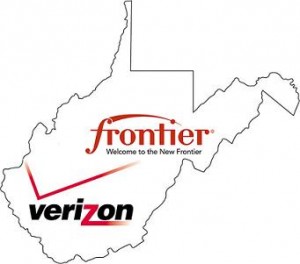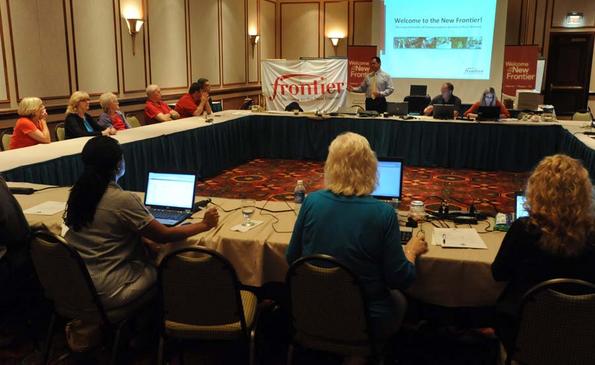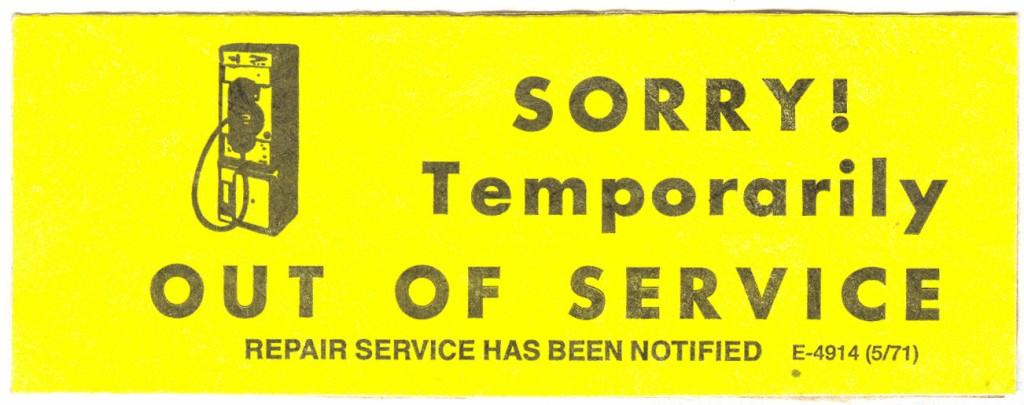 Almost two years to the day Frontier Communications quietly introduced language in its customer agreements providing a monthly broadband usage allowance of just 5GB per month, the company has quietly removed that language from its terms and conditions.
Almost two years to the day Frontier Communications quietly introduced language in its customer agreements providing a monthly broadband usage allowance of just 5GB per month, the company has quietly removed that language from its terms and conditions.
The 5GB usage allowance was deemed generous by Frontier CEO Maggie Wilderotter. Frontier claimed most of its 559,300 broadband subscribers (2008 numbers) consumed less than 1.5 gigabytes per month. But news of the cap angered customers anyway, particularly in their biggest service area — Rochester, N.Y. In fact, Frontier’s usage cap was what sparked the launch of Stop the Cap! in the summer of 2008.
While never universally enforced against the company’s DSL customers, Frontier has used that portion of its acceptable use policy to demand up to $250 a month from some “heavy users” in Mound, Minn.
 Frontier’s usage limit language also played a role in a major controversy in April, 2009 when Time Warner Cable planned usage limits of their own for western New York customers already faced with Frontier’s 5GB usage limit.
Frontier’s usage limit language also played a role in a major controversy in April, 2009 when Time Warner Cable planned usage limits of their own for western New York customers already faced with Frontier’s 5GB usage limit.
The phone company used Time Warner’s planned usage cap as a marketing tool to switch to Frontier DSL service.

Frontier used Time Warner Cable's usage cap experiment against them in this ad to attract new customers in the spring of 2009.
This website has pounded Frontier for two years over its continued use of the 5GB language as part of its broadband policies. We raised the issue with several state regulatory bodies as part of Frontier’s purchase of Verizon landlines in several states. Several state utility commissions raised the usage cap issue with Frontier as a result, deeming it negative for rural broadband customers who would effectively endure rationed broadband service from a de facto monopoly provider.
We also criticized Frontier for promoting its MyFitv service, little more than a website containing Google ads and embedded videos already available on Hulu, while not bothering to tell its customers use of that service on a regular basis would put them perilously close to their 5GB allowance.
In the end, Frontier itself denied they would strictly enforce the 5GB limit, making its continued presence in the company’s terms and conditions illogical.
Now, the company has returned to the earlier language it formerly used, reserving the right to shut you off if you use the service excessively or abusively. This resembles similar language from most broadband providers. While not absolute in defining those terms, Frontier doesn’t commit to a specific number either. Today’s “generous usage allowance” is tomorrow’s “rationing.”
If Frontier cuts off customers for using only a handful of gigabytes a month, deeming it excessive, we want to know about it.
Stop the Cap! opposes all Internet Overcharging schemes like usage caps, speed throttles, and so-called “consumption billing.” We believe such limits retard the growth and potential of broadband service and are unwarranted when considering the ongoing decline in costs to provide the service. We do not oppose providers dealing with customers who create major problems on their networks, but believe those issues are best settled privately between the company and the individual customer.
Providers must also be honest in recognizing that broadband is a dynamic medium. They have a responsibility to grow their networks to meet demand, especially at current pricing which provides major financial returns for those offering the service. We also believe broadband tiers should be limited to speed, not consumption. Customers with higher data demands will naturally gravitate towards higher-priced, faster-speed tiers, providing higher revenue to offset the minimal costs of moving data back and forth.
Broadband customers will be loyal to the providers that treat them right. We applaud Frontier Communications for finally removing the last vestiges of its infamous 5GB usage allowance. Hopefully, going forward, Frontier will spend its time, energy and money improving its broadband service instead of trying to convince customers to use less of it.


 Subscribe
Subscribe






